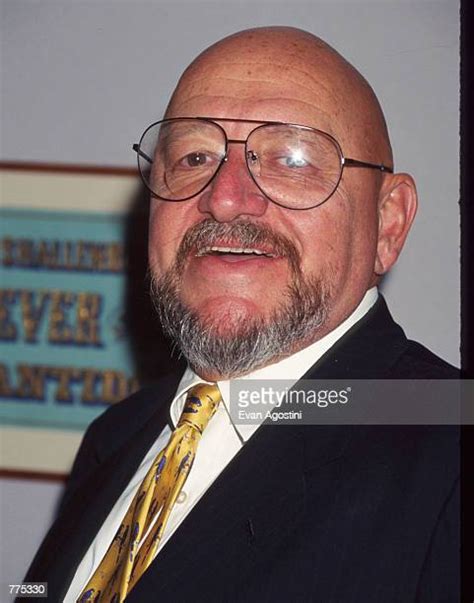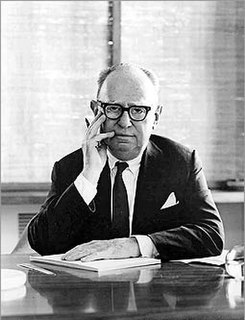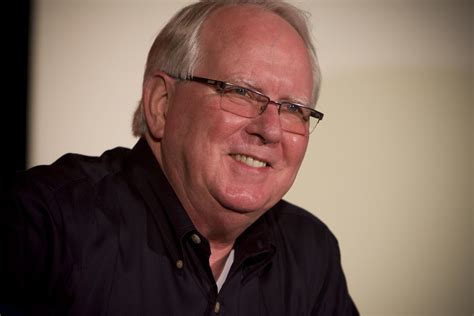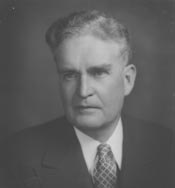A Quote by David Ogilvy
Good products can be sold by honest advertising. If you don't think the product is good, you have no business to be advertising it.
Quote Topics
Related Quotes
Advertising is the best insurance that you can take out on your business. You can buy fire insurance on your stock of goods, but no company will issue a policy covering your business, the good will as they sometimes call it. You must insure yourself, and the best way to do it is by advertising. Good advertising kept up for a number of years gives you something that no fire can take away.
Facebook, when it began, like Google, was very resistant to advertising. They knew, like all - Mark Zuckerberg, like all good engineers, knew that advertising makes the product worse. But, you know, over time, they've been forced to increase the advertising load more and more and more. And the way they advertise is they - it's subtle but they know everything, you know, about everybody on the site.
Advertising is prima facie evidence that the man who pays believes that advertising is good. It has brought great results to others, it must be good for him. So he takes it like some secret tonic which others have endorsed. If the business thrives, the tonic gets the credit. Otherwise, the failure is due to fate.
The faults of advertising are only those common to all human institutions. If advertising speaks to a thousand in order to influence one, so does the church. And if it encourages people to live beyond their means, so does matrimony. Good times, bad times, there will always be advertising. In good times, people want to advertise; in bad times they have to.

































